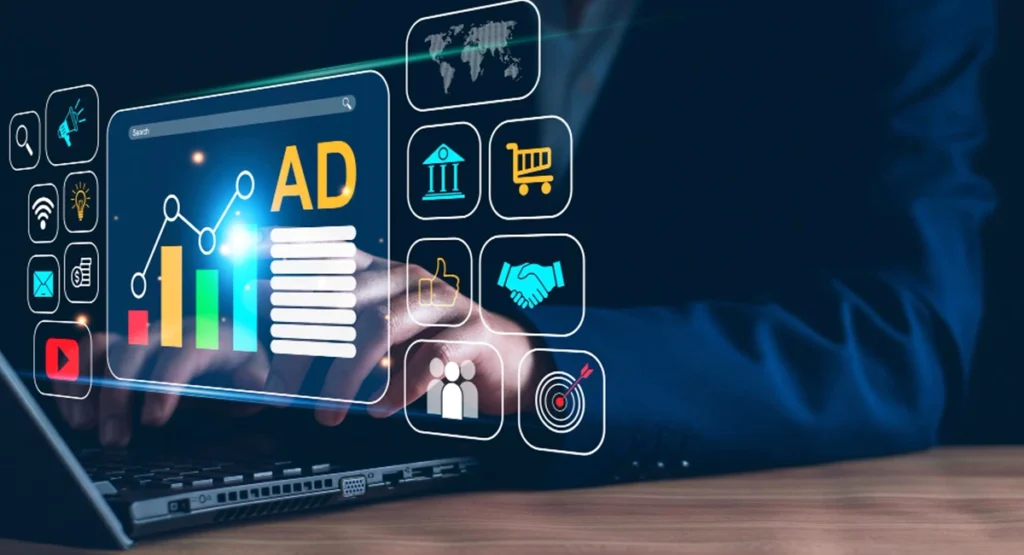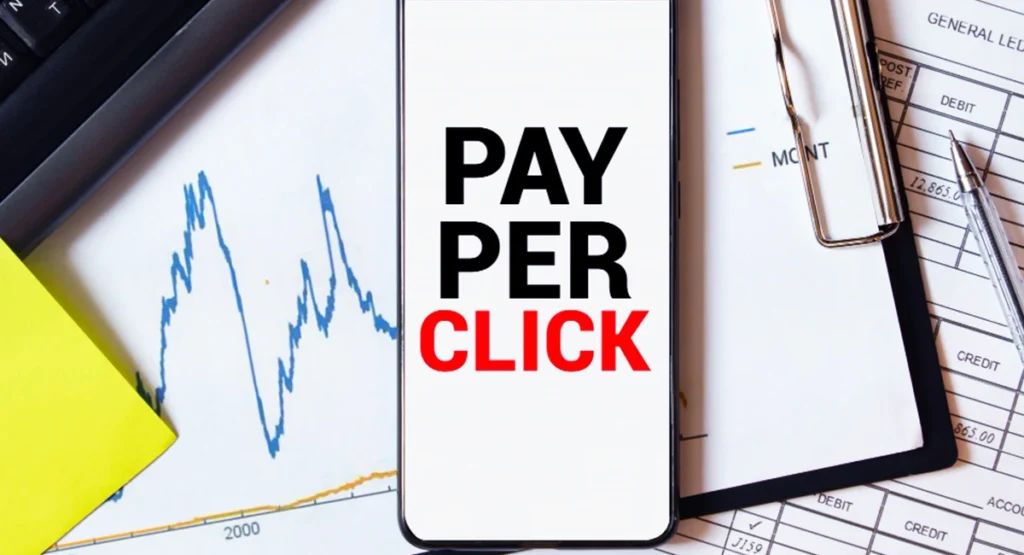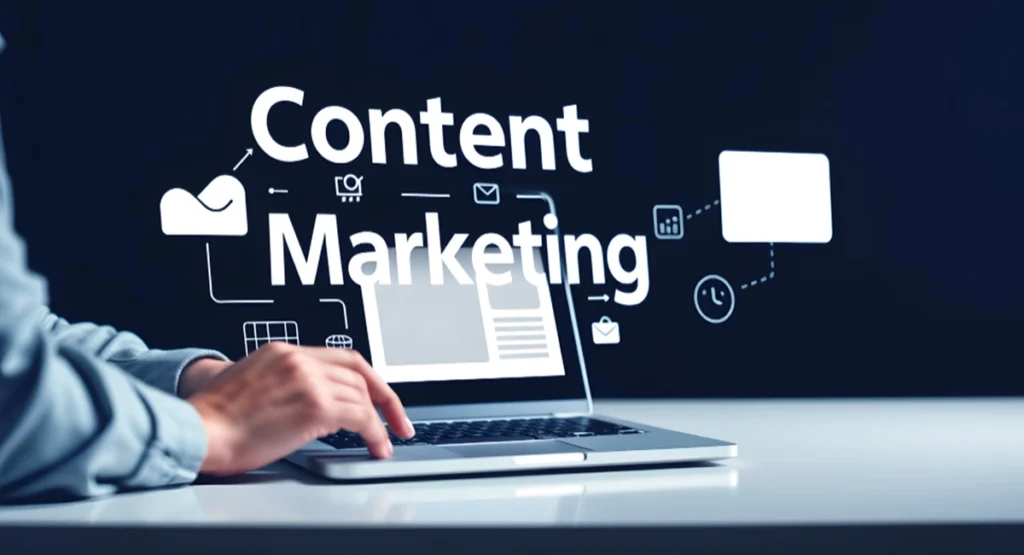In the early days of digital marketing, paid ads promised a fast lane to growth—instant traffic, quick conversions, and measurable returns. And while PPC campaigns still hold undeniable value, 2025 has ushered in a new reality: paid ads alone aren’t enough to build lasting brand equity.
Table of Contents
The truth is, advertising can only boost what already exists. Without a compelling brand story, authoritative SEO foundation, loyal community, and meaningful engagement, that “boost” becomes just a temporary spike—not sustainable growth.
This blog dives deep into the limits of PPC, the power of multi-channel marketing, and how full-funnel strategies are now essential for any business serious about long-term success.

Let’s get one thing straight: paid ads work. They’re fast, flexible, and trackable. But they come with a catch—when you stop paying, the traffic stops too.
Aspect | Paid Ads | Organic Channels (SEO, Content) |
Cost | High ongoing cost per click/impression | Initial investment, compounding returns |
Longevity | Stops after campaign ends | Evergreen presence if well-optimized |
Trust | Often seen as promotional | Earned credibility, higher trust factor |
Conversion Readiness | Great for bottom-of-funnel offers | Nurtures users across all funnel stages |
Real Story: A fashion e-commerce brand spent ₹1,20,000/month on Facebook Ads targeting summer collections. Traffic was impressive—but the moment the ads paused, website visits dropped by 80%. They later integrated SEO and blog-driven traffic, leading to sustained visibility and a 30% drop in CAC (Customer Acquisition Cost) over 6 months.
Smart agencies like Sprint Digitech often educate clients on using PPC not as a standalone tool but as a part of a diversified, full-funnel strategy that includes organic visibility and content marketing.
PPC—especially on platforms like Google Ads or Meta—has become more expensive and competitive. It also faces increasing restrictions due to privacy laws, ad blockers, and platform algorithm changes.

🧠 Example: A SaaS startup running Google Ads for “task management software” noticed a 15% CTR but only a 1% conversion rate. Deeper analysis revealed visitors lacked trust in the brand—highlighting a gap in brand storytelling that PPC alone couldn’t fix.
This is why brands are pivoting toward content marketing and organic presence to create a well-rounded digital ecosystem.
You can’t buy loyalty. Brand building is a long-term commitment that goes beyond the number of clicks on a landing page.
🔵 Case in Point: A boutique home décor label started posting behind-the-scenes videos and styling tips on Instagram, paired with weekly blog articles optimized for “eco-friendly home designs.” This strategy built trust and a following that resulted in more repeat customers than any PPC campaign ever delivered.
An agency like Sprint Digitech often combines story-driven content with SEO to amplify brand authority and create lasting impressions across platforms.
If paid ads are the jet fuel, content marketing is the engine. It provides value, educates users, builds credibility, and silently converts.

🟢 Real Result: A healthcare platform began publishing weekly blogs on “managing blood pressure naturally.” Within 6 months, their top blog ranked on Google and drove 30% of total site traffic organically—with no ad spend.
Content doesn’t just drive traffic—it improves conversions, reduces bounce rates, and supports PPC by improving landing page quality scores.
Social media platforms like Instagram, LinkedIn, and TikTok have evolved. They’re no longer just ad platforms—they’re ecosystems for community building, real-time interaction, and storytelling.
Feature | Social Media (Organic) | PPC Ads |
Purpose | Build brand, engage audience | Drive clicks, quick conversions |
Lifespan | Depends on algorithm & engagement | Ends when budget runs out |
Metrics | Shares, saves, comments | Impressions, CTR, CPA |
Content Type | Storytelling, reels, BTS | Offers, CTAs, landing pages |
Example: A coaching brand shared client testimonials via Instagram Reels and engaged with followers through weekly Q&A sessions. Engagement rose by 200% in 3 months, and referrals became their biggest acquisition channel—without spending on ads.
Yes, paid social helps visibility, but without organic engagement, it lacks depth. Sprint Digitech integrates both channels to build hybrid campaigns that resonate and convert.
Today’s consumers don’t live in one channel. They move from Google to YouTube, from Instagram to email, from blogs to WhatsApp.
That’s why businesses must embrace multi-channel marketing—where messaging is synchronized, not duplicated.
🧩 Case Flow: A B2B HR tech company launched a lead magnet campaign on LinkedIn, backed it with SEO blogs, sent email follow-ups, and retargeted users with Google Display Ads. The result: A 5-touch funnel that converted at 8.6%, compared to 1.7% from standalone paid ads.
This is the essence of a full funnel strategy—every platform, every piece of content, every ad, working together toward a common goal.
Real Story: A boutique jewelry brand wasn’t ranking despite good content. Once they fixed broken links, created a sitemap, and improved mobile performance, their homepage rankings jumped from page 5 to page 1.
Here’s where real growth happens—not in isolated campaigns but in integrated customer journeys.
Stage | Example Action |
Awareness | SEO blog: “Top 10 payroll solutions for startups” |
Interest | Email drip with comparison guides |
Consideration | Case studies & social proof via LinkedIn |
Conversion | PPC ad offering 30-day free trial |
Retention | Onboarding emails + upsell offer |
Advocacy | User-generated reviews + referral campaigns |
Real Result: A mid-size travel agency adopted a full-funnel approach. Instead of spending ₹50,000/month on just Google Ads, they diversified into blog content, WhatsApp updates, retargeting, and referral marketing. Within 4 months, customer acquisition cost dropped by 40%, and repeat bookings rose by 28%.
Sprint Digitech emphasizes such long-term, data-backed strategies over quick, isolated fixes—helping brands build sustainable momentum.
So how do you get the best of both worlds?
Tip: PPC can serve as a data collection engine, revealing what your audience engages with most—then you can build organic content around those insights.
This hybrid method not only saves cost over time but creates a self-sustaining system of brand-building + performance marketing.
In 2025, the most successful brands will be those who stop chasing only traffic and start building trust, authority, and depth.
Paid ads are powerful. But on their own, they’re just a boost—not a strategy.
The brands winning today are:
If you’re tired of spending endlessly on ads with minimal brand lift, consider expanding your strategy. Agencies like Sprint Digitech specialize in crafting multi-channel, result-oriented campaigns that blend paid and organic into one powerful growth engine.
Because in the digital world, visibility without value is forgettable—but value paired with visibility is unforgettable.
Nirbhay Chauhan is a Performance Marketing and ROI Specialist with expertise in SEO, PPC, and media planning. With a passion for data-driven strategies, Nirbhay helps businesses scale by optimizing their marketing efforts to deliver measurable results. His extensive experience in driving online growth and maximizing ROI makes him a trusted partner for businesses looking to elevate their digital presence.